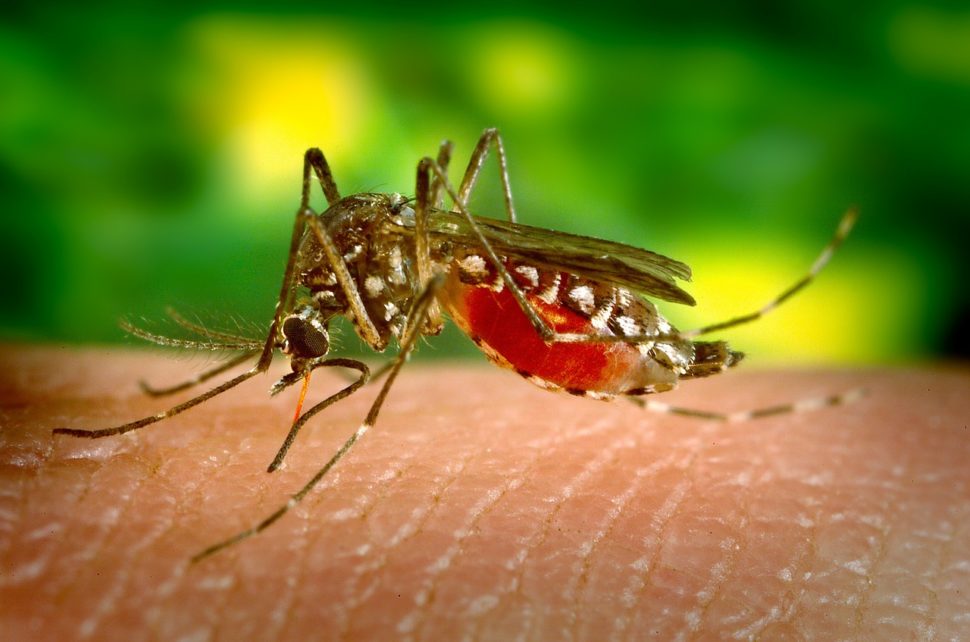Most mosquitoes are opportunists. From bird biters to mammal biters, almost 3,000 species of these insects have no specifics species preference.
However, a few mosquitoes known as the disease vectors are carriers of diseases that plague humans. These set of insects have evolved to bite humans exclusively.
This raises an essential question: how and why are mosquitoes attracted to humans?
To answer this question, assistant professor of ecology and evolutionary biology at the Princeton Neuroscience Institute, Carolyn “Lindy” McBride studied several disease-carrying mosquitoes. These include the Culex pipiens, a vector for West Nile Virus, and the Aedes aegypti, which carries Zika, yellow fever, and dengue fever.
Since Aedes aegypti bites humans exclusively, the researchers consider it a specialized vector. Culex pipiens, on the other hand, transmits West Nile from birds to humans, which makes it less specialized.
McBride noted:
“It’s the specialists that tend to be the best disease vectors, for obvious reasons: they bite a lot of humans.”
So, how did these insects become human-specialized?
Your Natural Scent Attracts Mosquitoes
McBride reported that the chemical composition of the human odor attracts bites.
The researcher got two strain of the Zika mosquitoes – one that bites humans exclusively and another with a more diverse diet. Alongside comparing their behavior, brain, and genetics, McBride also analyzed how the insects’ brain interprets complex aroma.
This is not nearly as simple as it sounds. The human odor consists of over 100 different compounds which are also present in other mammals in varying ratios.
According to the Princeton University researcher:
“Not anyone of those chemicals is attractive to mosquitoes by itself, so mosquitoes must recognize the ratio, the exact blend of components that defines human odor. So how does their brain figure it out?”
That remains the big mystery.
The researchers collected odor compounds from humans and guinea pigs and presented it to the mosquitoes. She noted that the human-specialized aegypti picked the human scent 90 to 95 percent of the time.
While the researchers have not determined how mosquitoes can identify the human odor, the discovery could change how we deal with these insects. Aside from creating baits that could attract the insects into lethal traps, the researchers also hope to develop repellant to interrupt the signal.
“What combination of neural signals in the brain cause the mosquito to be attracted or repelled? If we can figure that out, then it’s trivial to screen for blends that can be attractive or repellant,” McBride concluded.



















Comments (0)
Most Recent